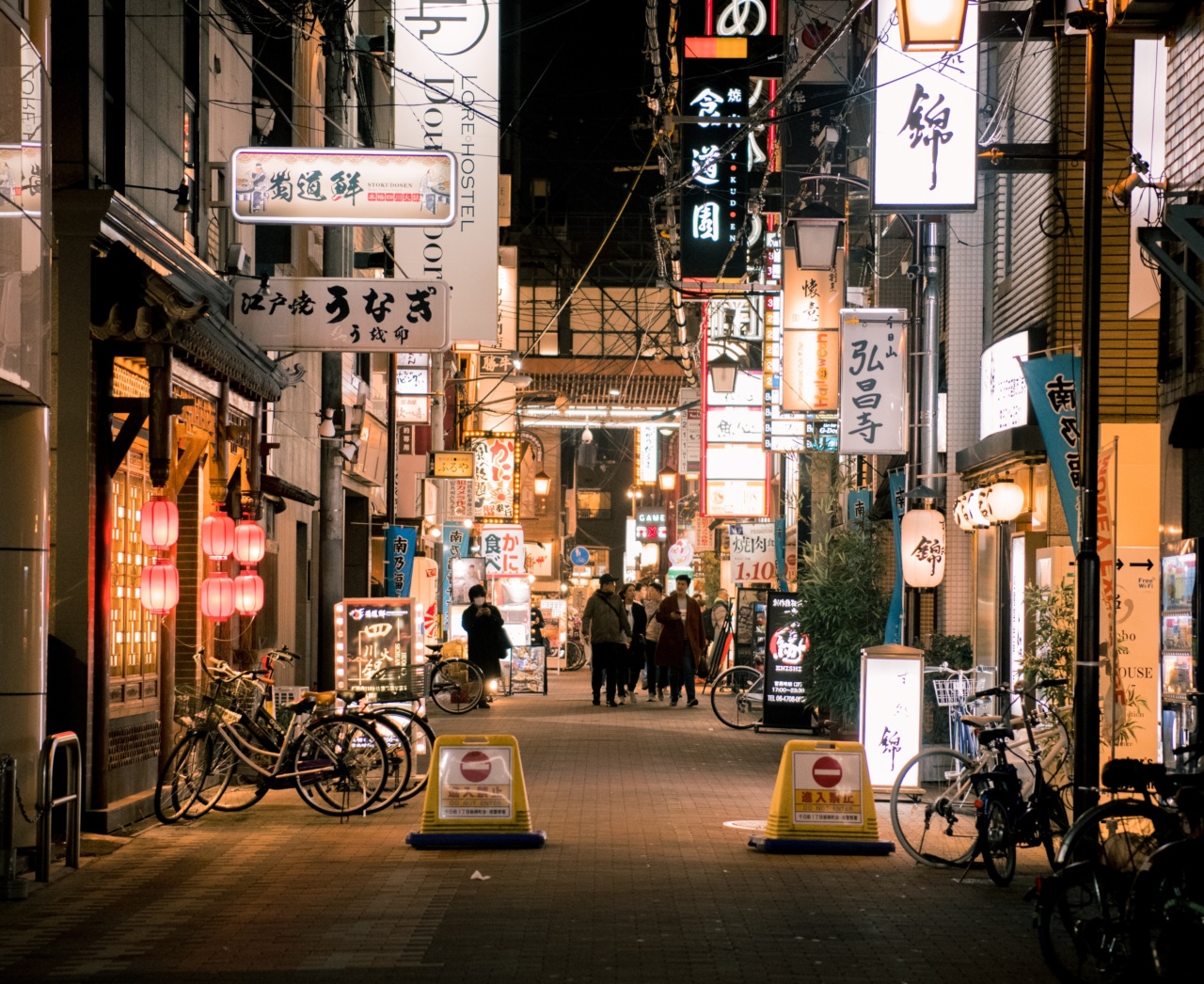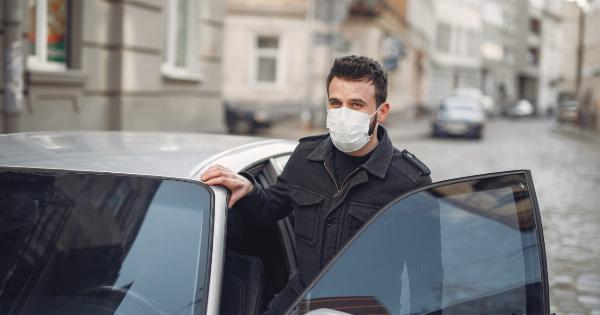Water is essential for the human body to function properly. It’s necessary to keep the body well hydrated to maintain good health. The human body is made up of 60% water, and dehydration occurs when there is a loss of fluids in the body.
Not drinking enough water can lead to dehydration, which can cause a range of symptoms. In this article, we’ll be discussing the 10 alarming signs of dehydration that you should know about.
1. Dark Urine
A clear indication of dehydration is dark urine. When the body doesn’t have enough water, the urine becomes concentrated and dark. If you notice that your urine is a dark yellow or amber color, it’s time to start drinking more water.
2. Dry Mouth and Throat
Dehydration can cause your mouth and throat to feel dry. This happens because your body is conserving water and reducing saliva production. If you’re experiencing a dry mouth or throat, try sipping on water or sucking on ice chips.
3. Fatigue
When your body doesn’t have enough water, it can cause fatigue. Dehydration can lead to a lack of energy because the body isn’t able to transport nutrients and oxygen effectively.
If you’re feeling lethargic or tired, try drinking water to see if it helps.
4. Headaches
Dehydration can cause headaches because it reduces the blood flow and oxygen supply to the brain. When the body is dehydrated, the brain can also shrink and pull away from the skull, causing pain.
If you’re experiencing frequent headaches, try drinking water to see if it helps.
5. Dizziness or Lightheadedness
Dehydration can cause you to feel dizzy or lightheaded because it reduces the volume of blood in the body. When the body is low on fluids, it can lead to low blood pressure, which can cause dizziness or light-headedness.
If you’re feeling dizzy, try drinking water or sitting down to avoid fainting.
6. Dry Skin
Dehydration can cause your skin to become dry and itchy. When the body doesn’t have enough water, it can’t produce enough sweat, leading to dry skin.
If you’re experiencing dry skin, try drinking water and applying moisturizer after showering.
7. Muscle Cramps
Dehydration can cause muscle cramps, especially during exercise. When the body doesn’t have enough water, it can lead to electrolyte imbalances, which can cause muscle cramps.
If you’re experiencing muscle cramps during exercise, try sipping on water during your workout.
8. Constipation
Dehydration can lead to constipation because it reduces the amount of water in the colon. When the body is dehydrated, it can cause the colon to absorb more water from the food, leading to hard stools.
If you’re experiencing constipation, try drinking water and eating foods high in fiber.
9. Decreased Urination
When the body is dehydrated, it can lead to a decrease in urination. This happens because the body is trying to conserve water, and so it reduces the amount of urine produced.
If you’re urinating less than usual, try drinking more water to see if it helps.
10. Rapid Heartbeat
Dehydration can cause your heart to beat faster because it’s trying to compensate for the decrease in blood volume. When the body is dehydrated, it can reduce the amount of blood in the body, leading to a rapid heartbeat.
If you’re experiencing a rapid heartbeat, try drinking water or seeking medical attention.































